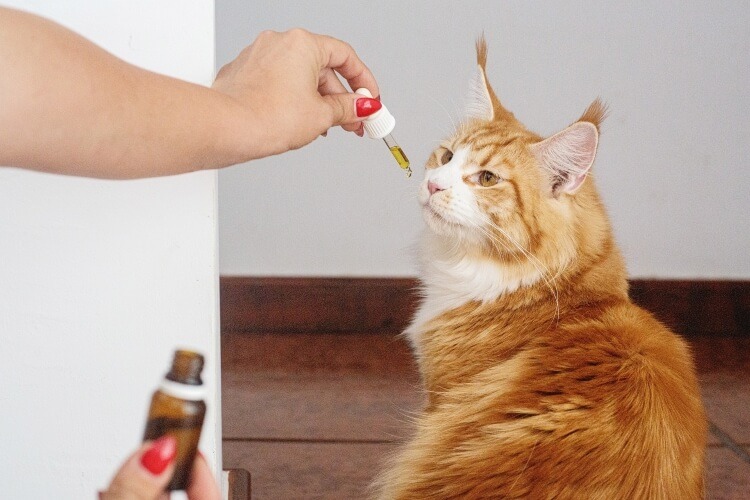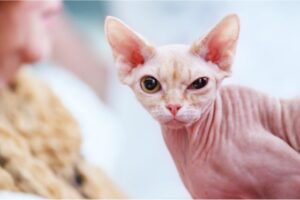Keeping a pet in your home is not a piece of cake. As a caring pet owner, you must be concerned for their health, food, hygiene, and other needs. When it comes to cats, they are good at self-maintenance.
However, your feline friend can suffer from common diseases and health issues. Here is a complete guide to common health issues in felines and how to prevent them. So, let’s dive into it.
Vomiting
One of the common problems in cats is vomiting with numerous causes. These include:
- Eating something inedible or poisonous
- Infection
- Urinary tract disease
- Diabetes
Your pet might experience drooling and abdominal heaving. Vomiting can lead to severe dehydration in cats. Therefore, if your cat continues vomiting and seems ill, call your vet immediately. Collecting a sample of your cat’s vomit and taking it to the vet is better.

Prevention
In cats, many causes of vomiting can’t be prevented. However, removing any harmful food or object from your cat’s environment helps to reduce the risk of foreign body ingestion or toxicity.
Fleas
Fleas are also a common external health problem in felines; however, you can easily treat them. If your pet has fleas, a cat might show the following symptoms:
- Frequent licking
- Hair loss
- Itchy or red skin
- Constant scratching
- Skin infections or hot spots
If the problem remains continue, your cat might become anemic. So, treat your pet’s flea problem without wasting any time.
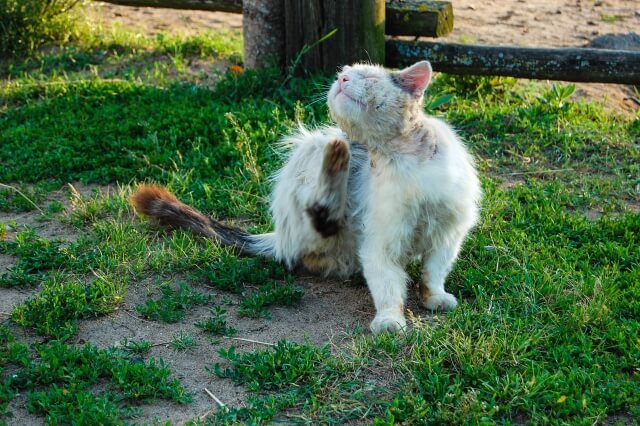
Prevention
Generally, your furry friend’s coat and blood supply are the dream house for fleas. So, a flea barrier can prevent fleas from adapting to your cat’s coat.
Spot-On treatments are usually safer and more convenient than traditional dust, sprays and shampoos. You can get these products online or from a vet.
Diarrhea
Diarrhea is a common health issue in cats and can be caused by the following:
- Spoiled food
- Allergies
- Intestinal parasites
- Infection
- Cancer
- Liver disease
Symptoms include watery, loose, or liquid stool. Diarrhea can remain for days, weeks, or months, depending on the cause.
Therefore, offer plenty of fresh water to your cat to prevent dehydration. Also, call your vet immediately if you notice dark or bloody stools, vomiting, fever, loss of appetite, or difficulty defecating.

Prevention
Ensure that your cat drinks plenty of fresh water when taking fiber supplements. For stress-induced diarrhea, giving a fiber supplement before a stressful event is better to prevent diarrhea.
Tapeworms
Next comes the tapeworms that inhabit your kitty’s small intestines and sometimes grow up to 2 feet. That said, tapeworms are segmented, and when expelled, they break apart. That’s why it’s unlikely to see a full worm.
Symptoms of a tapeworm infestation include:
- Weight loss
- Vomiting
If you are looking for tapeworms, checking your cat’s feces, anus, and bedding is better.
Generally, injections and oral and topical medications treat felines’ tapeworms. However, cats mostly get tapeworms because of swallowing a flea, so ensure to handle any flea problem along with tapeworms.
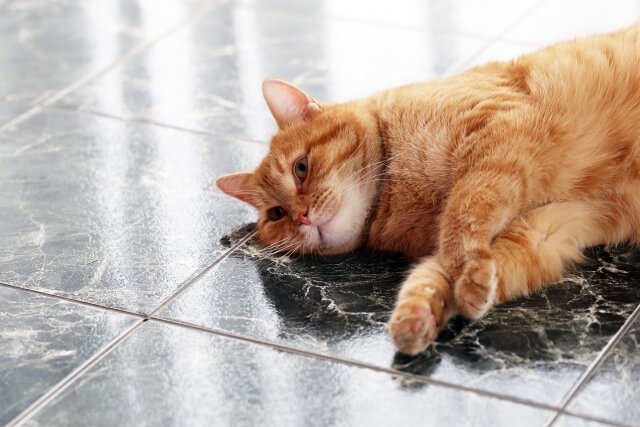
Prevention
An ideal prevention against tapeworms is keeping your cat away from flea infestation through flea and tick medication. Ask your vet regarding safe flea and tick prevention products for your cat. Also, keep your cat indoors and away from garbage to prevent tapeworm ingestion.
Eye Problems
Eye problems are also common in cats and can occur because of the following:
- Corneal ulcer
- Conjunctivitis
- Cataracts
- Glaucoma
- Viruses
- Inflammation
- Retinal disease
- Trauma
Some symptoms of eye problems include watery eyes, cloudiness, red or white eyelid linings, squinting, pawing at the eye, or a visible third layer.
Unless you know why your cat’s eye is suffering from a problem, there’s nothing you can do except call your vet. Eye problem is an emergency, so make an appointment without wasting time.
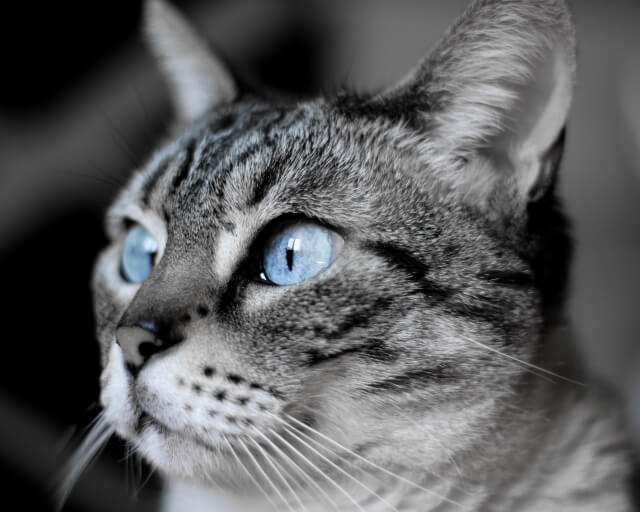
Prevention
They say, “Prevention is better than cure.” Therefore, you can keep your kitty’s eyes healthy by vaccinating yearly and avoiding cat overcrowding. In addition, checking your kitty’s eyes frequently for any redness, cloudiness, and change in color or shape might help.
Final Words
Felines can suffer from various health problems, as discussed above. That’s why taking preventive measures and calling your vet right away in an emergency is something you can do. And who doesn’t want a healthy pet? Everyone.
You may also like
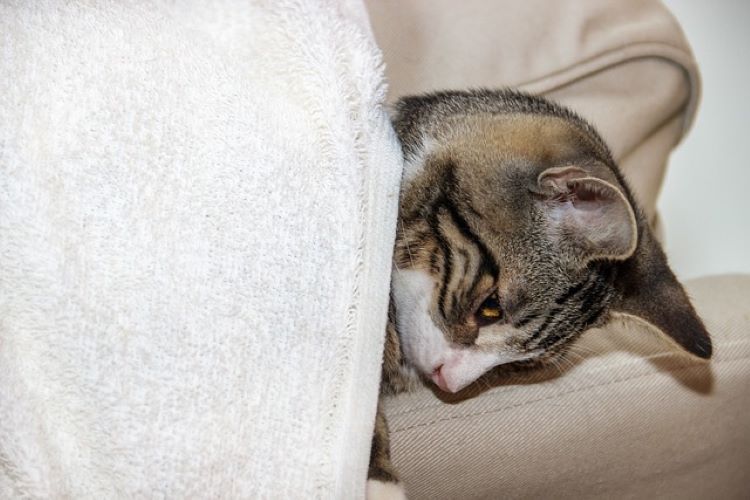
How to Recognize the Signs of a Sick Cat
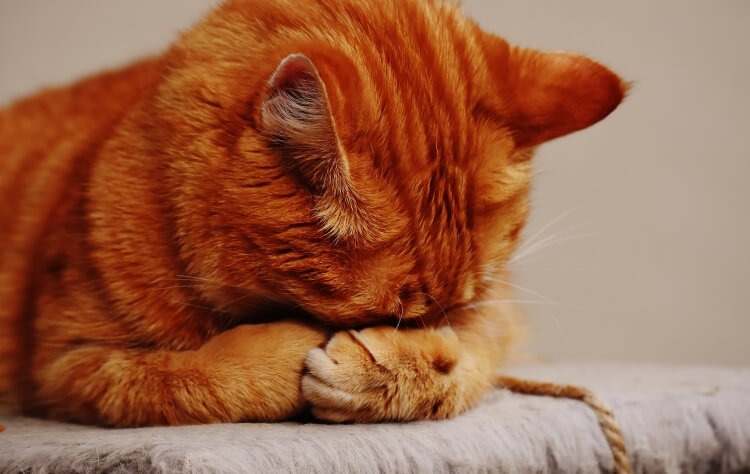
5 Common Health Issues in Cats and How to Prevent Them
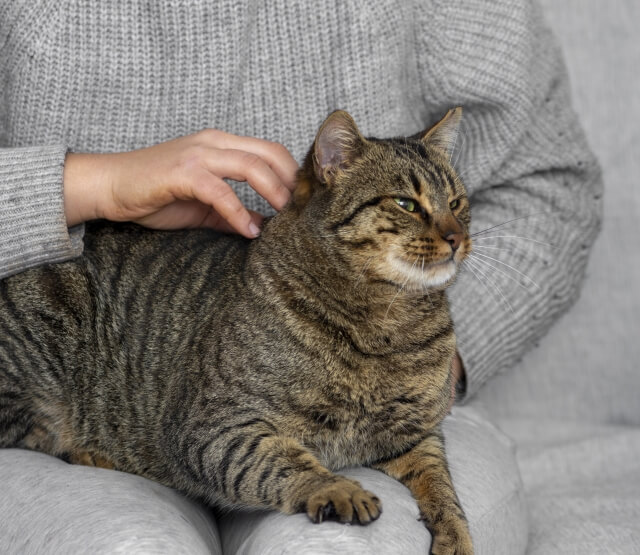
The Connection Between Your Cat’s Weight and Their Health
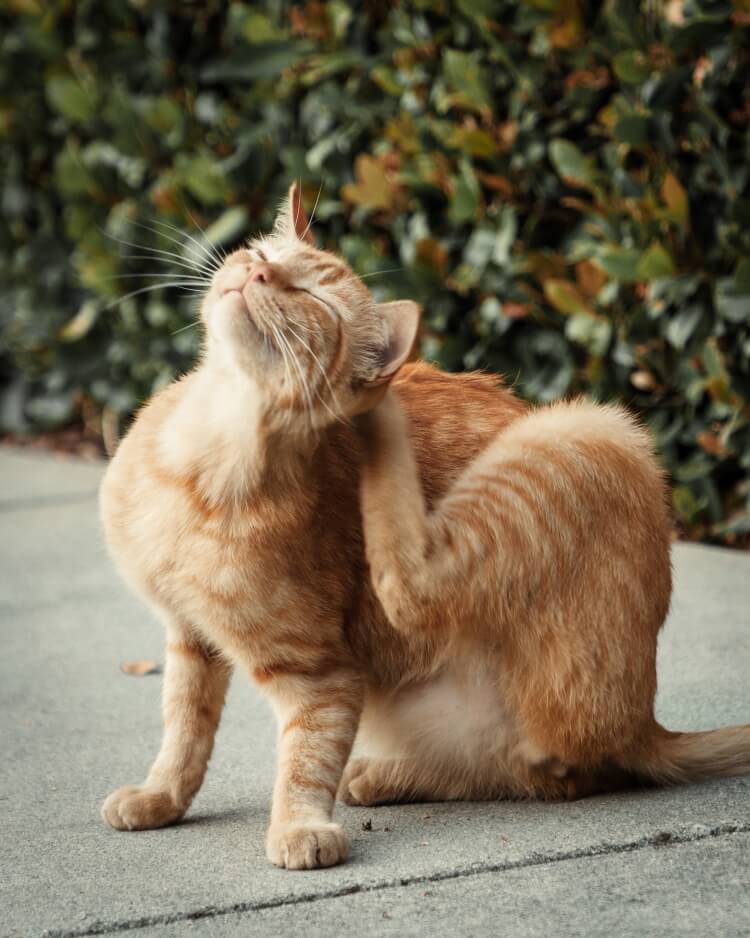
The Dangers of Fleas and How to Protect Your Cat
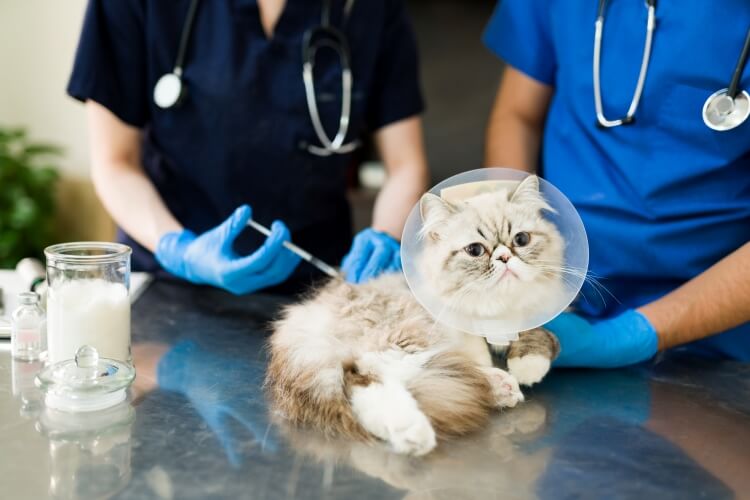
The Importance of Regular Vet Check-ups for Your Furry Friend
